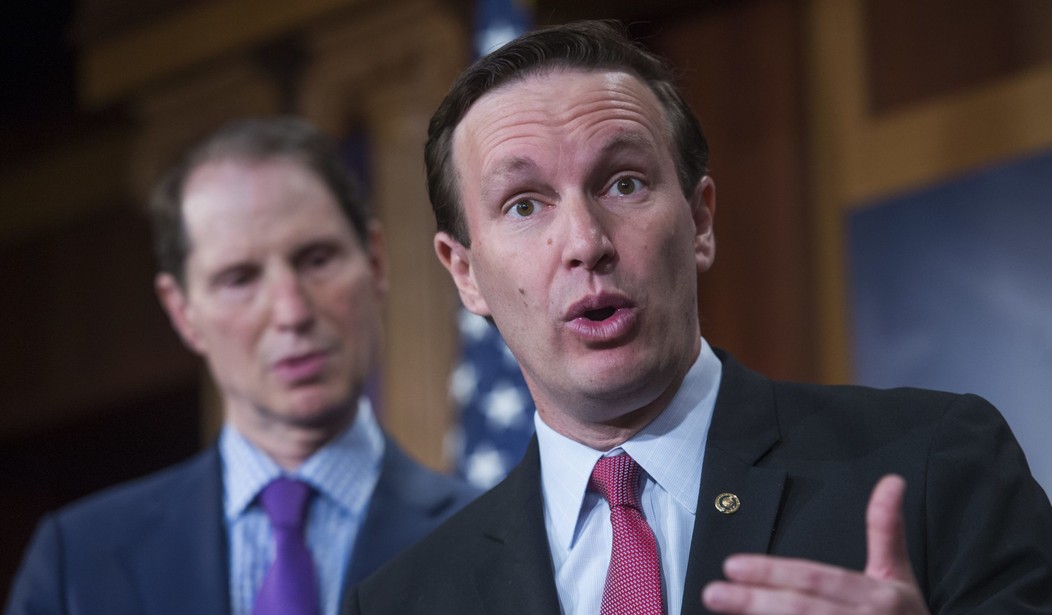Since the 1980s, conservatives have been trying to get Congress to enact legislation that would fund programs like Medicaid via yearly lump sum payments called block grants. The way the program is run now, the federal government reimburses states for a large percentage of Medicaid spending.
Obamacare went even further. States that signed on for the Medicaid expansion under Obamacare saw Washington pick up 90% of these additional Medicaid costs.
But states have been complaining about the massive increase in paperwork required to cover many of these extra beneficiaries. They also want more flexibility in determining where those health care dollars go.
The Trump administration announced that, under a new program, states will be able to receive some of their Medicaid money via block grants. It will still require a thorough review by Washington for states to participate, but it will definitely streamline the funding process.
The Trump administration is calling the program “Healthy Adult Opportunity,” and it’s expected to face legal hurdles. Under the current Medicaid structure, the federal government matches a majority of what states pay for Medicaid every year. The change proposed by the Trump administration would mean the federal government gives states a set amount of money each year instead.
The plan applies only to the Medicaid expansion population that gained coverage under Obamacare. Before Obamacare, states varied in who got Medicaid, but the program generally went toward pregnant women, people with disabilities, and the elderly. Those groups still get Medicaid now, but the program added low-income people as well, who qualify if they make less than roughly $17,000 a year.
Bringing Medicaid benefits more in line with private insurance companies will require patients to accept the cheaper, generic equivalent for many high-priced drugs.
Under the guidelines released Thursday, states would be allowed to exclude certain types of prescription drugs or ask patients to try cheaper versions before moving to more expensive ones, but they must continue to cover all drugs for mental health and HIV. The current Medicaid program requires that all drugs be covered, so the move would put Medicaid more in line with private health insurance practices.
Critics, including Democrats, say block grants amount to cuts to the program. They also have warned that states may incur costs that they don’t expect, including if a high-cost drug hits the market or in the case of a natural disaster.
“Today’s announcement is the cruelest step yet by the Trump administration to slash American healthcare and dismantle basic safety net programs like Medicaid,” said Sen. Ron Wyden, an Oregon Democrat.
States will save additional funds by reducing paperwork and making the program more efficient. Any money saved will be a blessing, given that Medicaid is usually one of the top 2 or 3 budget items for every state. Money spent on Medicaid can’t be spent on transportation or education.
In truth, the new program probably won’t reduce costs significantly. And the chances are about 100 percent that liberals will challenge the new program in court. But after decades of frustration, conservatives can point to a small victory in the battle to change the way federal programs are funded at the state level.










Join the conversation as a VIP Member